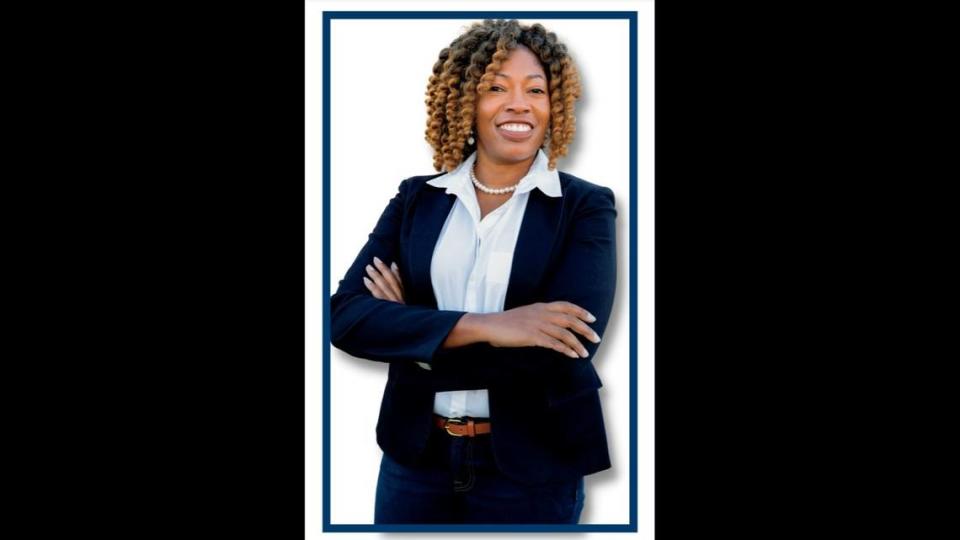Without a source of income ban, Lexington is committing modern-day redlining | Opinion
- Oops!Something went wrong.Please try again later.
- Oops!Something went wrong.Please try again later.
“The home is the center of life. It is a refuge from the grind of work, the pressure of school, and the menace of the streets. We say that at home, we can ‘be ourselves.’ Everywhere else, we are someone else. At home, we remove our masks.
“The home is the wellspring of personhood.”
― Matthew Desmond, Evicted: Poverty and Profit in the American City
I learned the importance of home by experiencing what life was without one. While I have been blessed to have a place to call home my entire life, for 15 years I worked with people who were unhoused or were at risk of losing their housing due to being victims of housing discrimination. Daily I looked into the eyes of people who had not only lost their housing but also lost hope. As I worked diligently to aid them, I simultaneously tried to restore their faith in humanity — a battle I often lost.
For more than 15 years I worked at the Lexington Fair Housing Council (now Kentucky Fair Housing Council) and assisted individuals who faced housing discrimination because of their race, color, disability, sex, familial status, national origin, religion, sexual orientation and gender identity (sexual orientation and gender identity are local protections only). The Federal Fair Housing Act was initially passed in 1968 shortly after the assassination of Dr. Martin Luther King, Jr. to honor his tireless fight for fair housing and civil rights. This law was to open residential doors that had been closed to African-Americans and other communities of color due to de jure and de facto discrimination. Fair housing councils still exist around the United States today because no matter the legal strides made in federal, state and local law, housing discrimination is still a regular occurrence and is having a devastating impact on communities around the country. For 15 years I tried to work my way out of a job, but the need for advocacy never disappeared; it only increased.
I find it not coincidental that the Lexington Public Library’s featured exhibit this fall was “Undesign the Redline” —a historical examination of redlining in our community and nation. The selected community reading for our city was “The Color of Law” by Richard Rothstein, “Just Action” by Rothstein and his daughter Leah Rothstein, announced this year with a plethora of housing solutions and strategies, and a local chat with both authors occurring at this moment in time when source of income protections are being sought for our community. If we fail to pay attention to the wrongs of our history, we will repeat it and we are currently repeating them here in Lexington.
One must only look up rental listings in Lexington, search and map the addresses of properties who discriminate based on source of income. It will clearly appear what parts of our county are prohibited and off limits for many of our neighbors who rely on a housing subsidy to survive. When over 70% of Section 8 Housing Choice Voucher holders in Lexington are African-American and are thus prohibited from living in certain parts of our county due to the housing subsidy they hold, what does that look like to you? It’s modern-day redlining.
I support source of income protections because it will foster more inclusive and diverse communities within our city, and we will be closer to that Beloved Community that Dr. King envisioned for us all.
“Injustice anywhere is a threat to justice everywhere. We are caught in an inescapable network of mutuality, tied in a single garment of destiny. Whatever affects one directly, affects all indirectly.”
--Dr. Martin Luther King, Jr. Letter from Birmingham, Alabama jail, April 16, 1963

Shayla D. Lynch represents District 2 of the Urban County Council.

